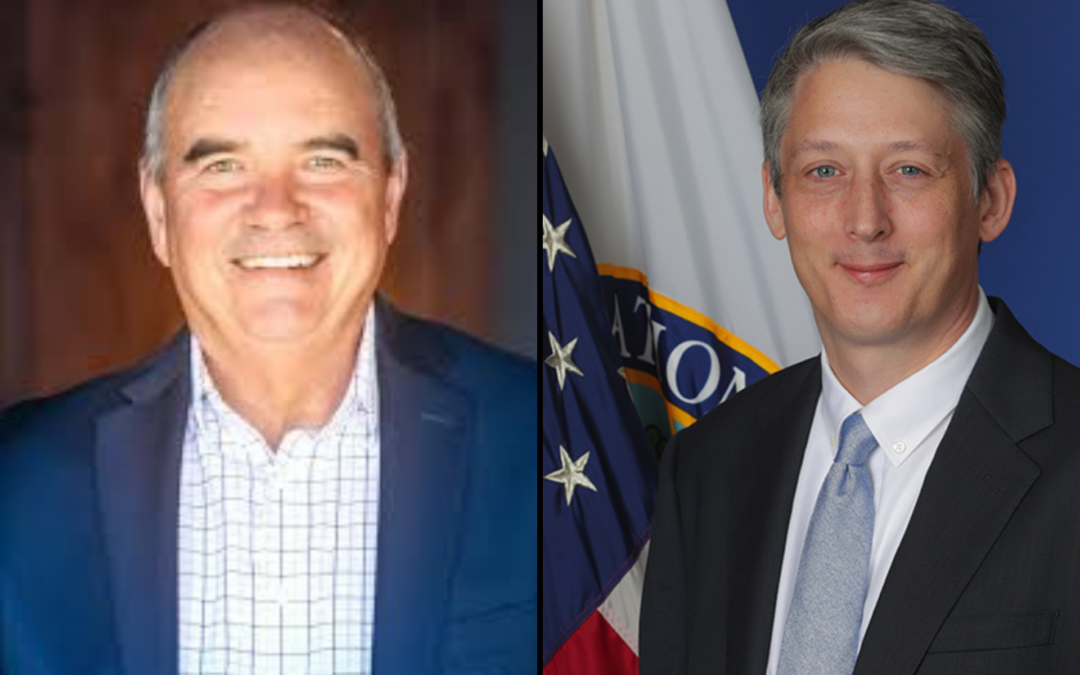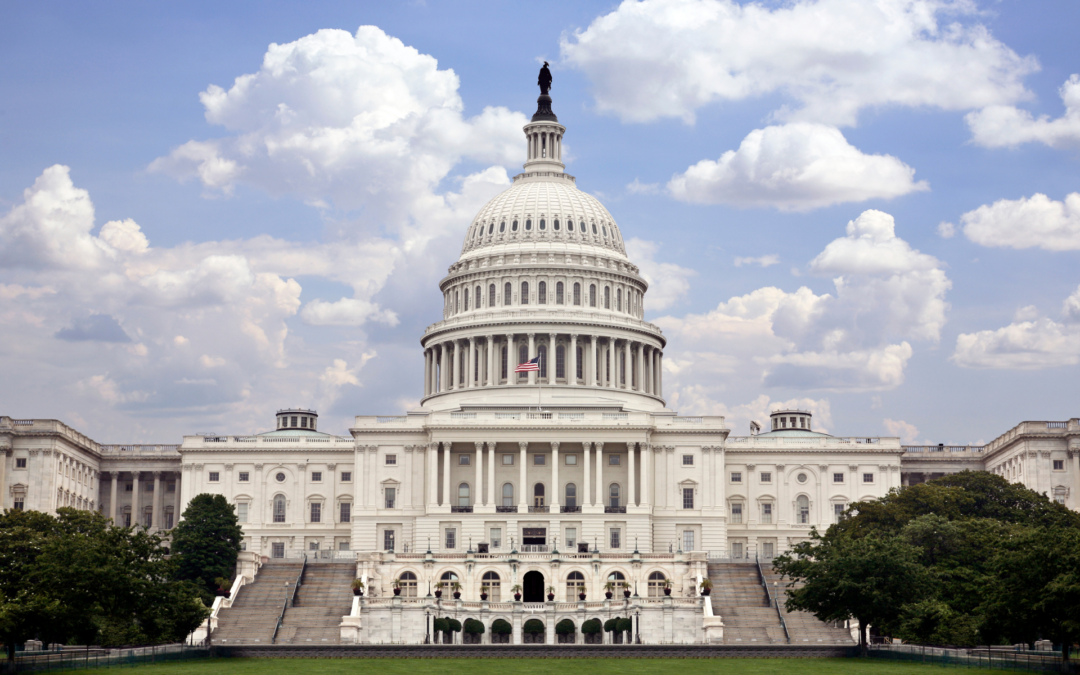
Rethinking Success with Former Under Secretary James Kvaal
Rethinking Success with Former Under Secretary James Kvaal
The Big Picture
In a conversation between Former Under Secretary James Kvaal and UMass Global President David Andrews, key insights emerged about the evolving landscape of higher education and federal oversight.
Why it matters
The discussion highlights critical challenges in making higher education more accessible and adaptable to modern student needs, particularly for working adults and non-traditional students.
Key takeaways
- Federal funding flexibility: Current “all or nothing” approach to federal aid needs reform, with potential for “sandbox” programs to test new approaches
- Innovation barriers: Misunderstandings exist between education innovators and Department of Education staff, suggesting need for increased dialogue
- Non-traditional students: Average students at institutions like UMass Global are in their mid-30s and working full-time, challenging traditional completion metrics
The bottom line
Success in higher education needs to be measured differently, accounting for diverse student populations and their unique journey paths, rather than traditional metrics like 4-year completion rates.





Recent Comments